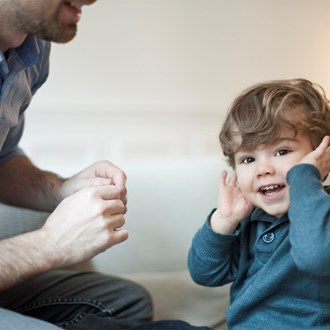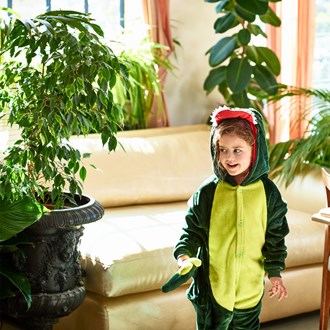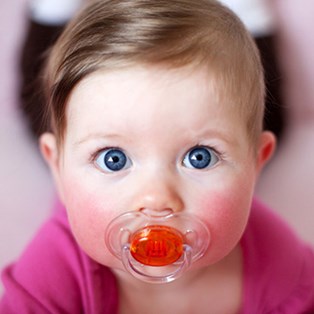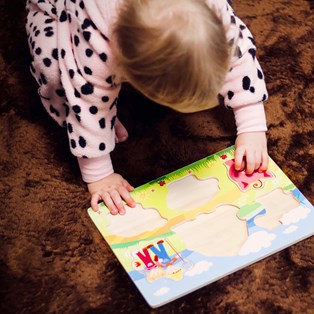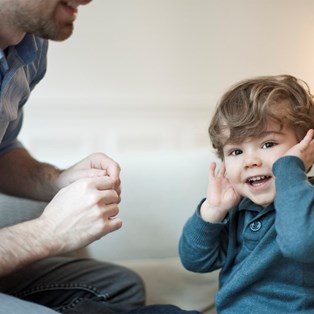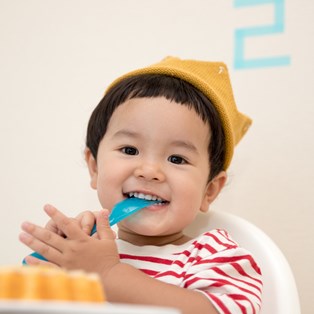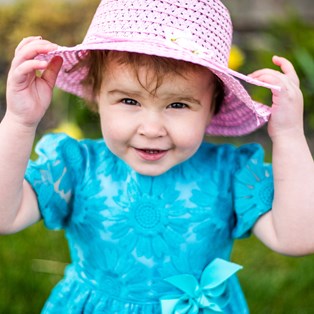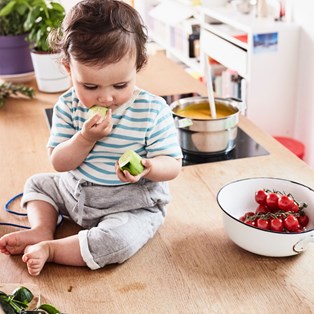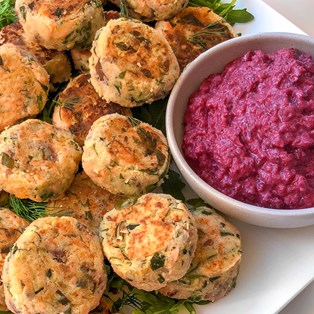Why it's actually GOOD if your toddler REFUSES to share!
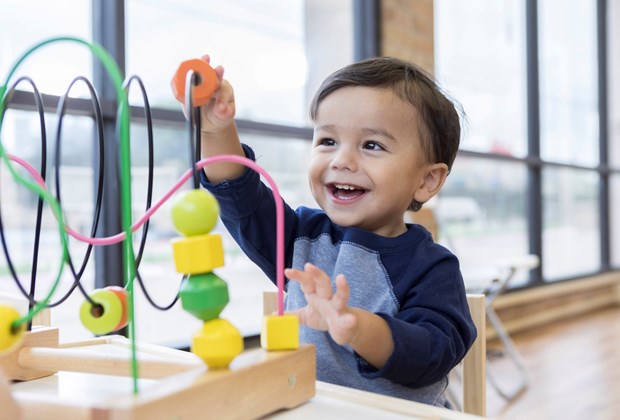
It's backed by science
If you have a toddler, you're probably used to saying things like "take turns" or "share nicely with your sister" on a very regular basis.
Toddlers are by nature very strong-willed and independent. They like to do things in their own time, in their own way, and frequently lay claim to any object they desire - whether it belongs to them or not. And they are not big fans of sharing - whether it be food, toys or the playground slide.
However, researchers are now saying that this reluctance to share is a actually a positive developmental sign. When your mini dictator constantly says "me" and "mine" he is actually on track for that stage of toddlerhood.
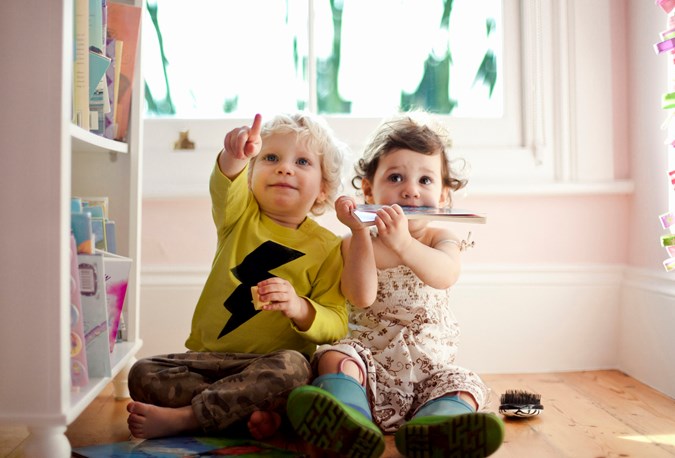
Getty Images
Chris Moore, a developmental psychologist and director, says that this period of development is when kids gain “an understanding of themselves and other people as separate individuals.” This stage is most acute around the age of two, but levels off around the age of three.
“Kids start to see themselves as a person - they have characteristics, both physical and mental, that are similar and different from others. This sets up, to some extent, conflict,” he told Today's Parent.
“Kids have strong desires and motivations - part of that is ownership of their things. I’m me. This is mine. It is a perfectly normal stage that we want children to go through."
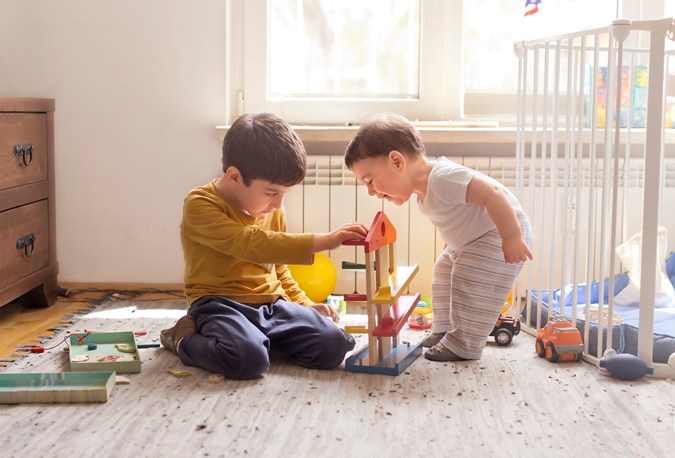
Getty Images
While it's natural as a parent to want to encourage your child to share and have a generous spirit, Moore says we don't need to drive the point too much - not at this stage, anyway.
“It’s important for kids to establish independence and individuality,” he says.
“If two children are playing with toys and keep saying ‘mine,’ teach them to recognize that the other child has feelings and an interest in that toy, too - we call this ‘perspective taking.'
Over time, your little one will learn to share and consider others more - with a little gentle encouragement from mum and dad, of course.
“If you give a three-year-old the choice between taking two candies for himself or sharing one with someone else, he is more likely to take two for himself — although he will share on occasion, and is more likely to share with friends than with strangers," Moore adds.

Nicola Conville has worked as a journalist and editor for more than 20 years across a wide range of print and online publications. Her areas of expertise are parenting, health and travel. She has two children; Lucy, age eight, and Nathan, age five.

